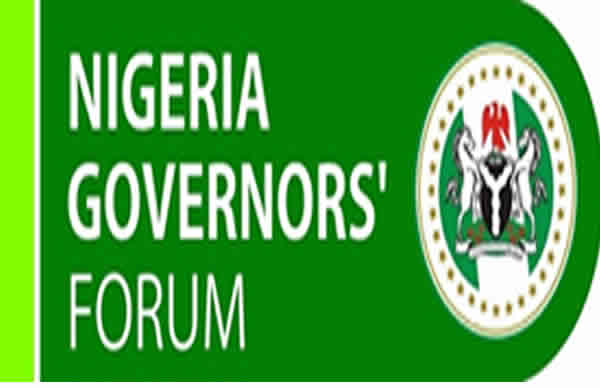
NGF commits to address Nigeria’s educational challenges
The Nigeria Governors’ Forum (NGF) has reiterated commitment to address critical challenges bedevilling the education sector in the country.
Its Chairman, Gov. AbdulRahman AbdulRazaq of Kwara, stated this at the International Conference on Girl Child Education, on Thursday in Abuja.
The theme of the conference is: “Girl Child Empowerment through Quality Education”.
Represented by the NGF Director-General, Alhaji Abdulateef Shittu, the governor said the forum is deeply concerned by the rising number of out-of-school children in the country.
He decried the pervasive learning poverty and insufficient capacity of teachers to foster empowerment through education.
AbdulRazaq said, “this conference aims to address these critical educational crises across our states.
“In celebration of the International Day of the Girl Child 2024, under the theme “Girls’ Vision for the Future,” the NGF and our partners reaffirm our commitment to tackling the fundamental challenges in the education sector.
“Our goals include enhancing basic numeracy and literacy, increasing primary school enrollment to reduce the number of out-of-school children.
“And ensuring smooth transitions from primary to secondary education. The states are resolutely committed to addressing these challenges for the betterment of our society”.
He expressed optimism that the conference would raise awareness and promote inclusive education through funding and enrolment initiatives.
According to AbdulRazaq, key discussions will focus on access, quality, data-driven strategies, education financing, and policy implementation at the state level.
The objective, he said, is to develop a robust framework of action that states could implement to prioritixe girl child education effectively.
AbdulRazaq said the NGF had established various platforms to advocate for and champion far-reaching reforms.
He listed the programmes to include the NGF-Education Community of Practice (NGF-ECP), whose ECP Intervention Framework is designed to increase primary school enrolment in Nigeria by fostering collaboration among states, local governments, communities, and other stakeholders.
“This joint effort will address barriers to education, raise awareness, and create a supportive learning environment for all children.”
According to him, the Committee of States Commissioners of Education (COSCEN) plays a crucial role in promoting subnational collaboration and collective action to drive socio-economic and educational development across the states.
“Additionally, the Girl Child Education Volunteers’ Advocates (GICEVA) and Girl Child Education Ambassadors work closely with local and state stakeholders to advocate for inclusive education in both rural and urban communities.”
He reiterated that the NGF would work closely with Ministries, Development and Agencies, Civil Society Organisations, traditional and religious leaders, and other education stakeholders to strengthen national girl child enrolment drives.
“Our collaborative efforts will focus on implementing policies for safe schools, combating gender-based violence, enhancing retention through WASH facilities, garner community support and advocate for cash transfers to support girl child education.
“The children of today represent the productive youths and leaders of tomorrow, making their education an indispensable enabler for future growth and development.
“When equipped with quality education, they gain the knowledge, skills, and confidence to contribute meaningfully to society, unlocking their potential to drive economic advancement and social change.
“Education not only empowers them to break free from the cycle of poverty but also positions them to be agents of innovation and progress.
“Thus, investing in the education of our children, particularly the girl child, is an investment in a prosperous and equitable future for all.”




